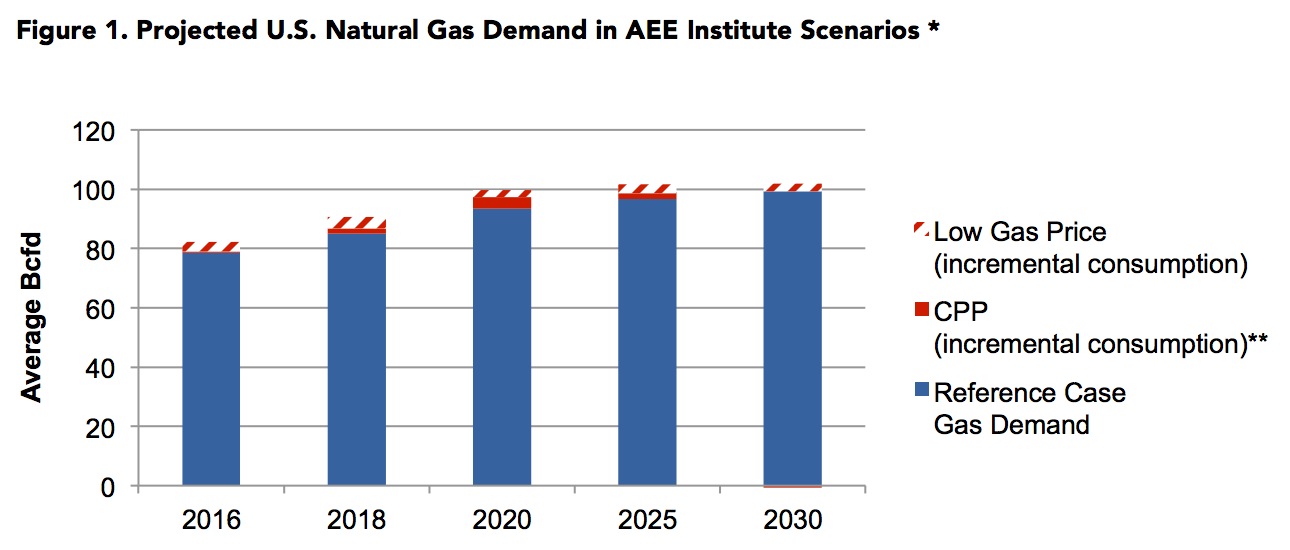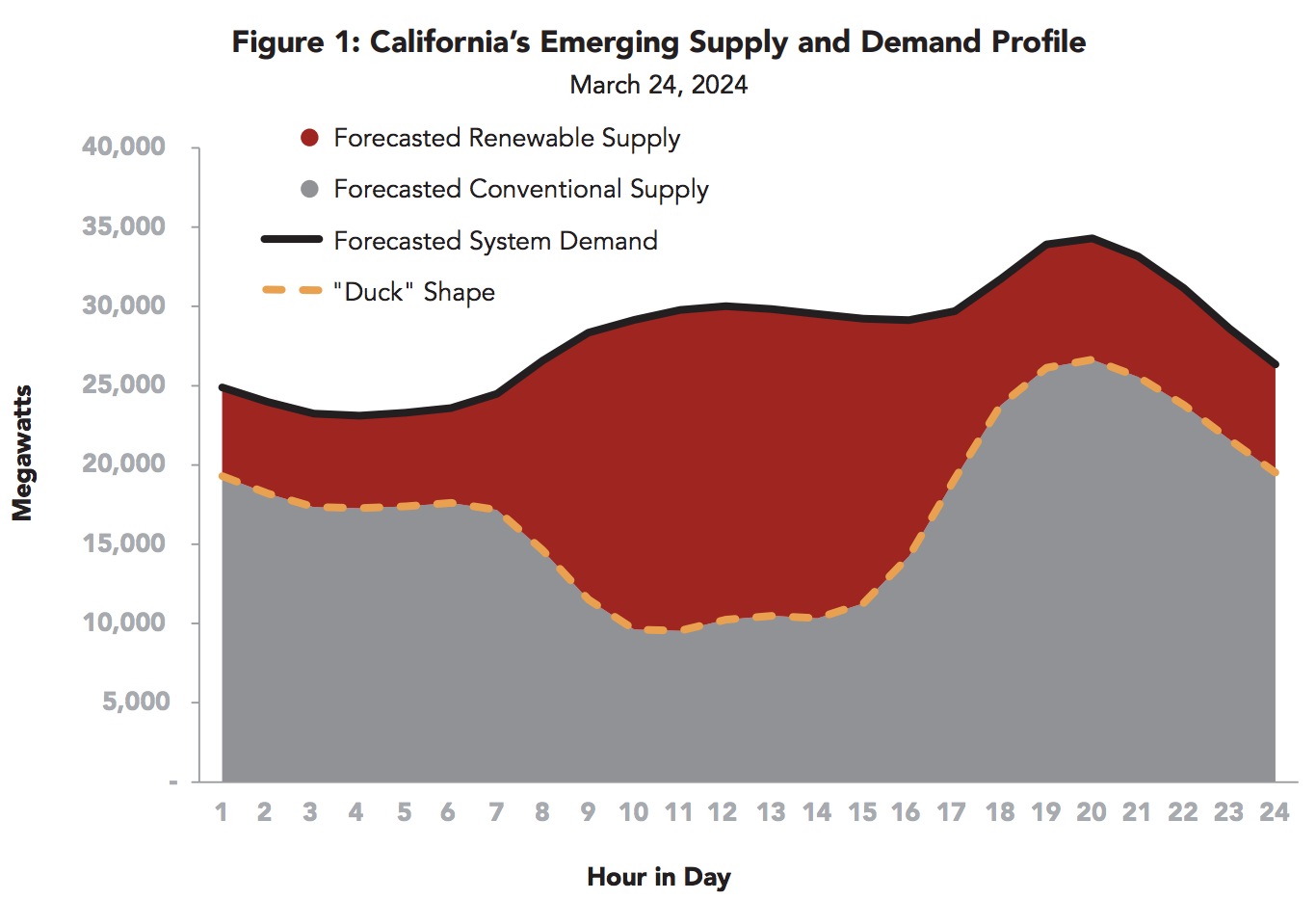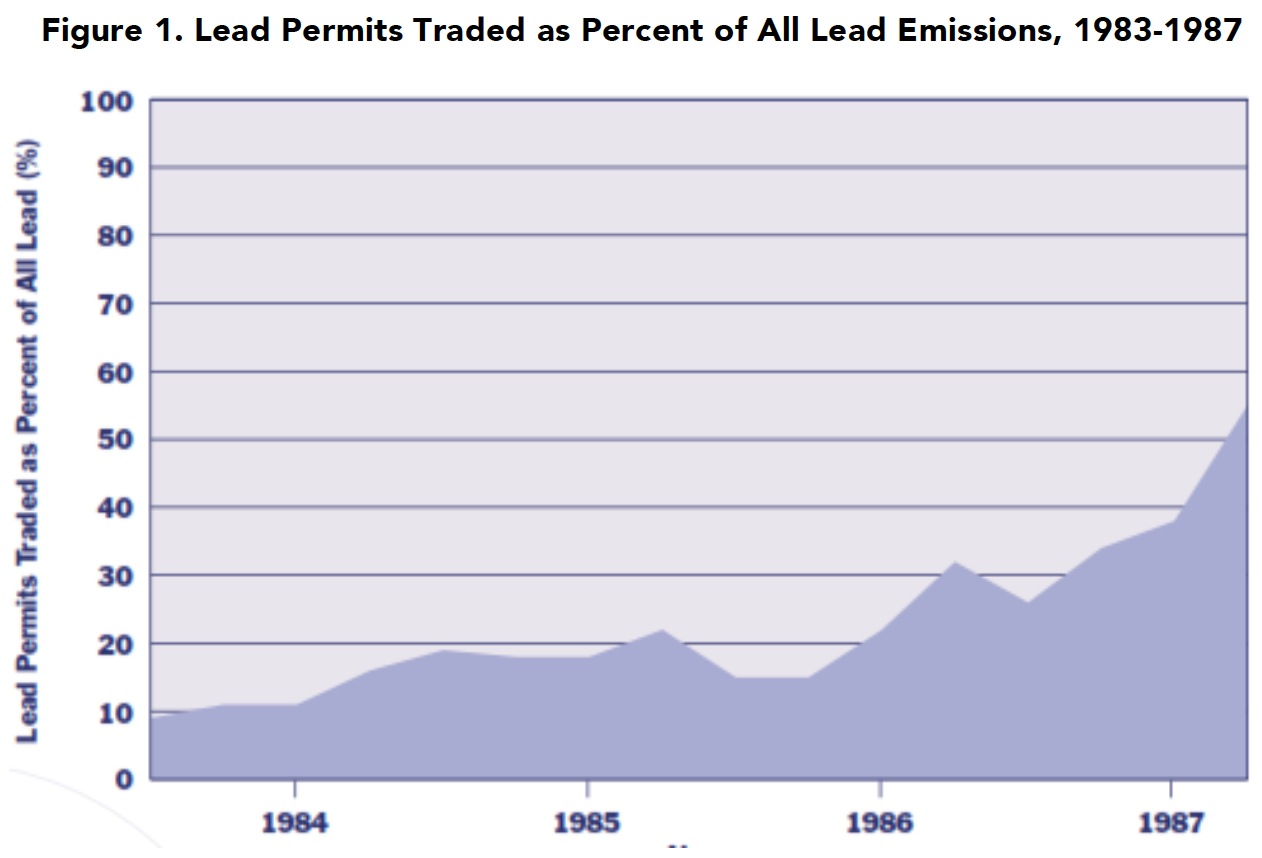
ADVANCED ENERGY ECONOMY INSTITUTE (AEE INSTITUTE)
The Environmental Protection Agency’s proposed Clean Power Plan (CPP) establishes state-by-state carbon emissions rate targets that it projects will reduce U.S. electricity sector carbon emissions 30% below 2005 levels by 2030. Some stakeholders, including the North American Electric Reliability Corp. (NERC), have raised concerns that states might rely heavily on natural gas generation for CPP compliance, creating stress on gas pipeline capacity and ultimately affecting electric system reliability. While it is likely that states will pursue a diverse portfolio of emission reductions, examining the infrastructure implications of gas use scenarios helps with risk management.















 RSS Feed
RSS Feed